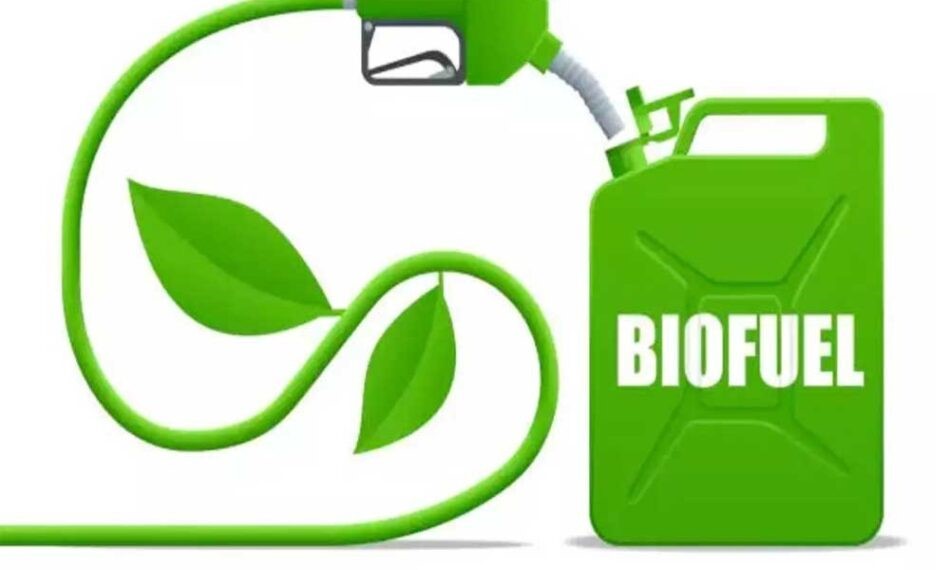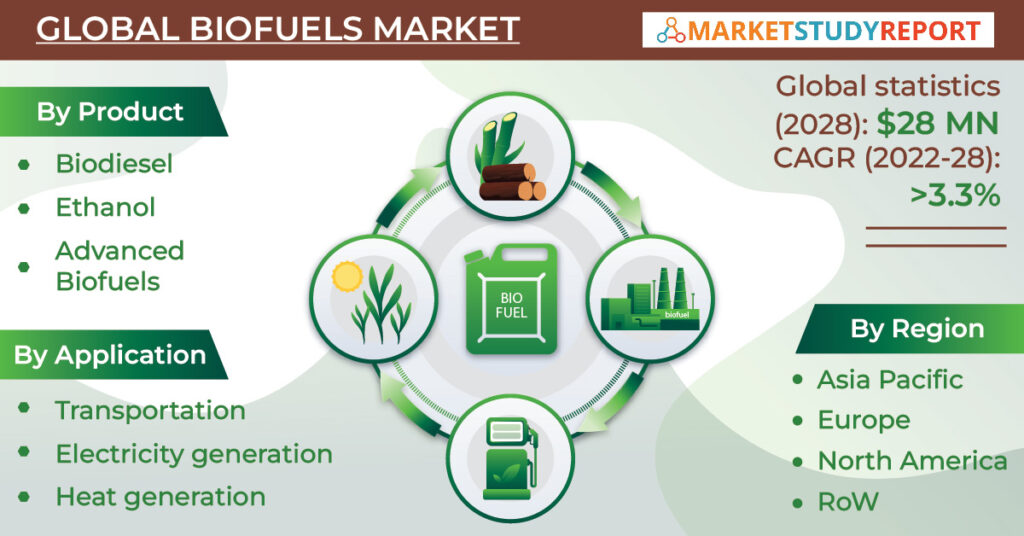G20 Summit 2023
At the recently concluded G20 Summit in New Delhi, Prime Minister Narendra Modi has unveiled the Global Biofuels Alliance, a collaborative effort among 9 initiating Countries and twelve Organizations committed to advancing cleaner and more sustainable Energy solutions for Environmental decarbonization. In a tweet, Prime Minister Modi celebrated the launch, stating, “The establishment of the Global Biofuels Alliance represents a pivotal moment in our journey toward sustainability and clean energy. I extend my gratitude to the member nations that have joined this Alliance.”
This momentous launch occurred on the sidelines of the G20 Summit, with Prime Minister Modi joined by several prominent global leaders, including US President Joe Biden, Brazilian President Luiz Inacio Lula da Silva, Bangladeshi Prime Minister Sheikh Hasina and Italian Prime Minister Giorgia Meloni. The initiating members of this Alliance comprise Argentina, Bangladesh, Brazil, Italy, Mauritius, South Africa, the UAE, the US and India. Additionally, Canada and Singapore have been included as observer countries.
Also Read: US President’s Car
Understanding Biofuels:
Biofuel is a type of alternative fuel primarily derived from various plant-based sources. When blended with traditional Fossil Fuels, it serves as a cleaner and more environmentally friendly Energy source, resulting in reduced Carbon Dioxide Emissions. Ethanol is a well-known example of Biofuel, garnering significant attention from Automotive Original Equipment Manufacturers (OEMs) and regulatory bodies alike. Biofuel production typically involves mixing a predetermined quantity of Fossil Fuel with Methanol or Ethanol to create a Biofuel blend.
Different regions around the world employ various Biofuel compositions, including E85, E80, E10, E20 and more. For instance, E85 Flex Fuel consists of 15% Petrol by volume and 85% Ethanol obtained from biological sources. In India, authorities have previously announced plans to introduce a policy for the use of E80 Biofuel, which comprises 80% Ethanol by volume blended with 20% Petrol or Diesel by volume.
Also Read: Tata Tiago EV Drive Report
Production of Biofuel:
Biofuel production primarily relies on obtaining Ethanol from various plant-based sources, vegetables and biological materials. Jatropha oil is among the extensively researched sources of Biofuel in India. Additionally, Rice, Corn and other Oils can be utilized to extract Ethanol with the desired Calorific Value.
Also Read: Hyundai Creta Facelift Spied
Advantages of Biofuels:
The adoption of Biofuels as an Energy source offers several Environmental and Economic Advantages. It results in reduced Carbon Monoxide, Hydrocarbon and other harmful emissions typically associated with the combustion of traditional Fuels. For example, the use of an E20 blend of Biofuel can lead to a nearly 50% reduction in Carbon Monoxide Emissions for Two Wheelers and approximately a 30% reduction for Four Wheelers compared to pure Petrol or Diesel.
Moreover, Biofuels are generally more cost effective to produce compared to traditional Fossil Fuels, contributing to overall Fuel cost savings. Additionally, Biofuels can enhance Brake Thermal Efficiency (BTE), although they may increase brake specific Fuel Consumption.




